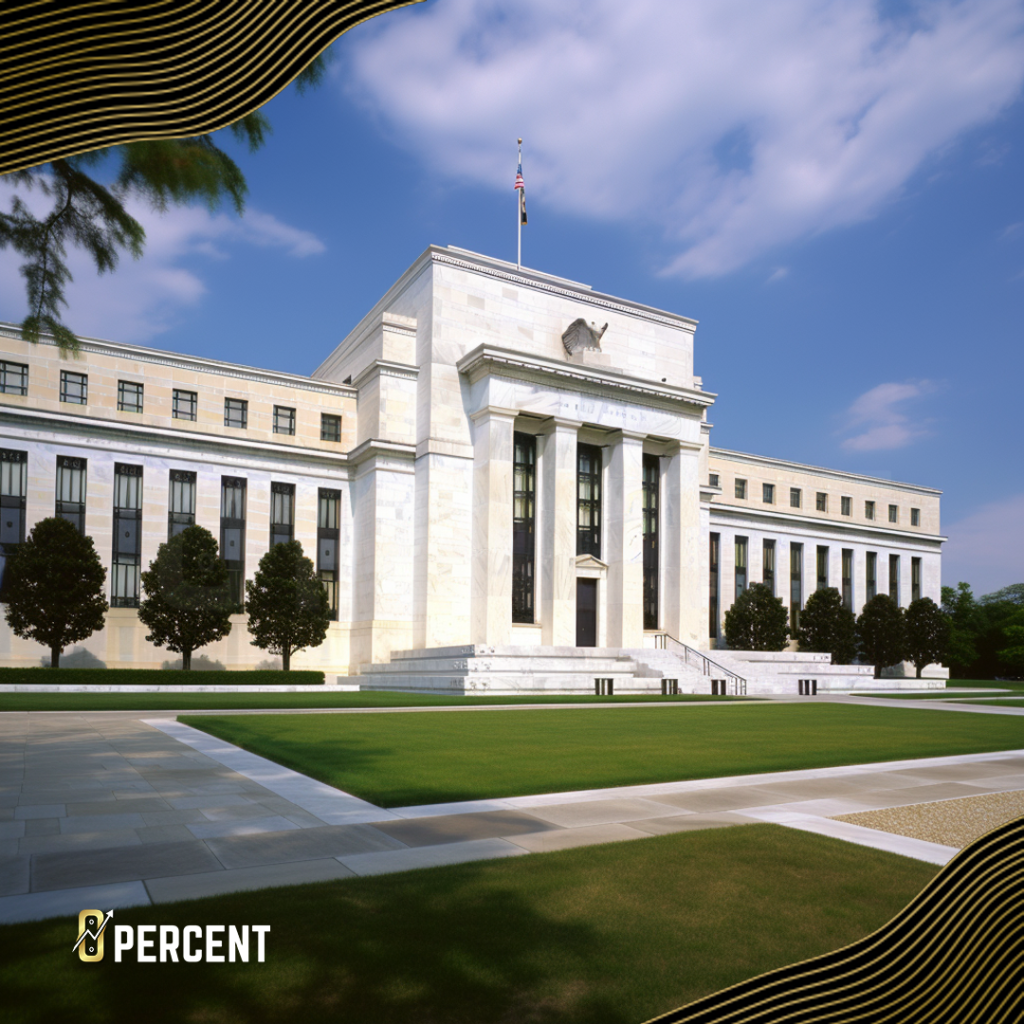
Jeff Sekinger
Jeff Sekinger Founder & CEO, 0 Percent Who is Jeff Sekinger? Visionary Trailblazer Sekinger has been in the financial industry for over a decade. Starting

The foreign exchange market, also known as forex, is the largest and most liquid financial market in the world, with a daily trading volume of over $5 trillion. Traders that exchange currencies are known as market participants, and include central banks, commercial and investment banks, hedge funds, corporations, and retail traders.
Central Banks
Central banks are the most influential market participants. The large institutions set monetary policies like interest rates and money supply, and intervene in the market to stabilize their respective country’s currency. These banks also have significant foreign exchange reserves which they can use to influence exchange rates by exchanging currencies. For instance, the US Federal Reserve can intervene in the forex market to strengthen or weaken the US dollar.
Commercial & Investment Banks
As the largest participants, commercial and investment banks account for more than half of all daily trading volume. These banks trade currencies on behalf of their clients, such as governments, corporations, and hedge funds. They also engage in proprietary trading, using their own capital to take positions in the forex market. Due to their immense access to liquidity, they can execute trades quickly and efficiently. This makes them paramount players in the market.
Hedge Funds
Hedge funds are private investment funds that use a variety of investment strategies, and are known for their aggressive trading strategies, as well as their large trading volumes. Hedge funds can also have a significant impact on currency exchange rates. Some hedge funds specifically specialize in currency trading, employing highly sophisticated algorithms and risk management techniques to identify and capitalize on market inefficiencies.
Corporations
Corporations also participate significantly on the foreign exchange market to manage their exposure to currency risk. Companies operating internationally must buy and sell currencies to pay for goods and services, and to repatriate profits. They can also use currency derivatives, such as forwards, options, and futures, to hedge their currency risk and protect against adverse currency movements.
Retail Traders
Retail traders, which comprise a growing portion of the market, are individuals who trade currencies for personal investment purposes. With the rise of online trading platforms, as well as technologies like artificial intelligence and algorithmic trading bots, retail trading has become increasingly accessible. Retail traders access the market through brokers, who provide trading platforms and access to liquidity providers.
Conclusion
Understanding the roles of the different forex market participants can help traders make more informed trading decisions and navigate the ever fluctuating market. Forex is diverse and dynamic, with each participant playing a distinct role and contributing to both the market’s liquidity and efficiency. Especially in light of new technologies like algo trading bots or algorithmic trading software, retail investors are making up an increasing share of the market. However, these emerging technologies have become a common theme among traders of all levels, enabling them to potentially optimize their trading returns.

Jeff Sekinger Founder & CEO, 0 Percent Who is Jeff Sekinger? Visionary Trailblazer Sekinger has been in the financial industry for over a decade. Starting
Sign up to receive news & updates!
Sign up to receive news & updates!